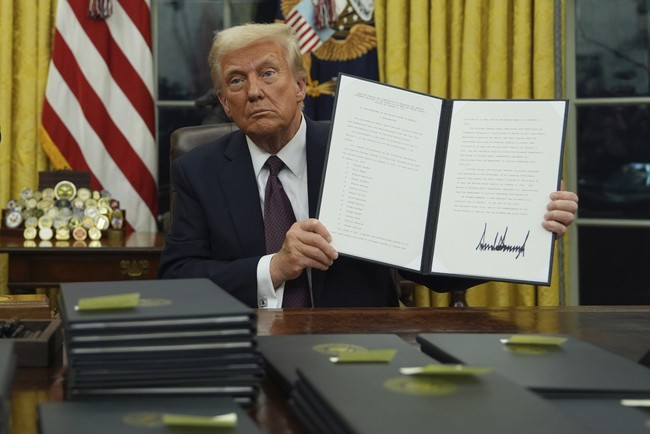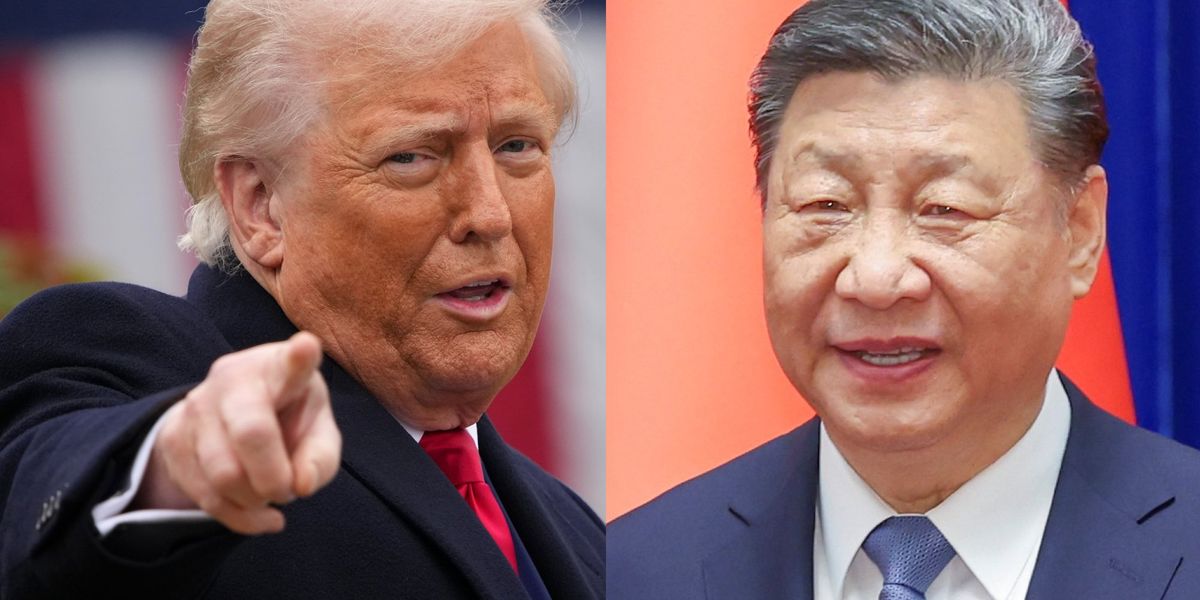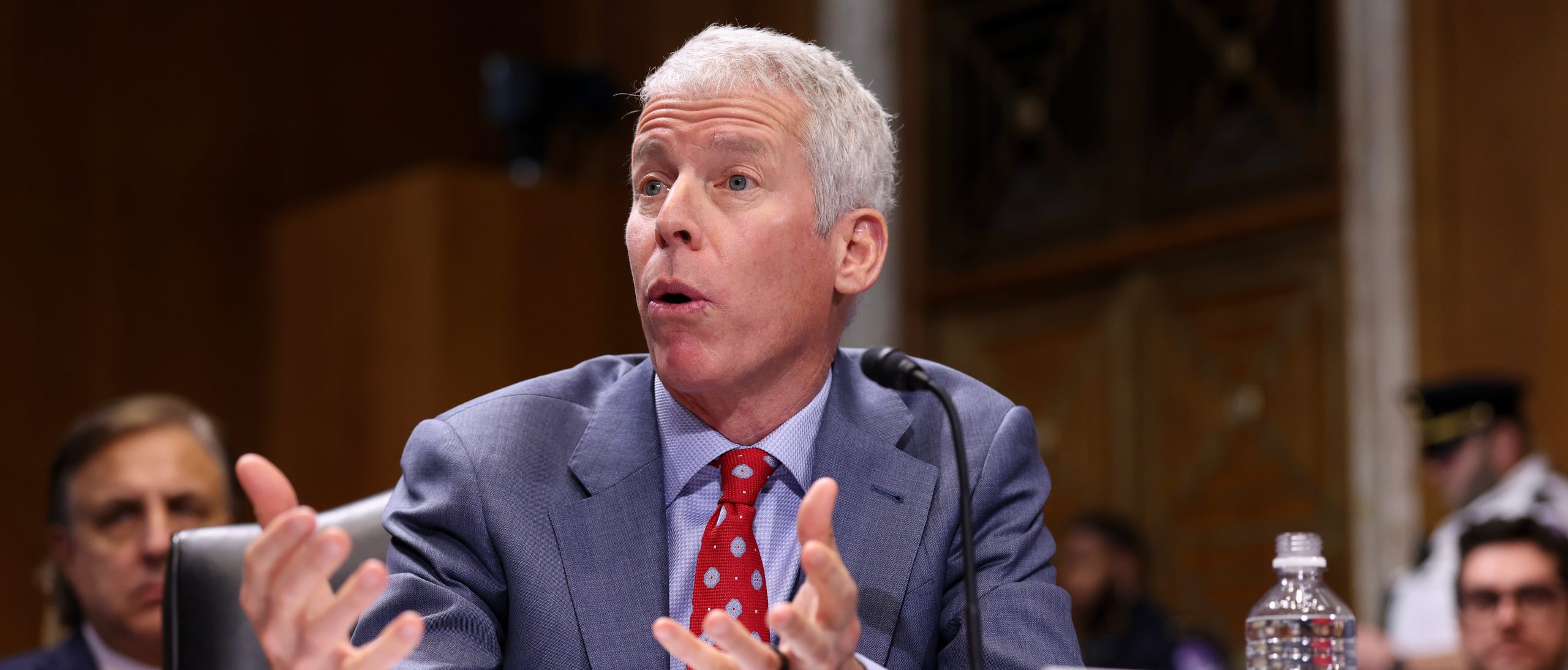Citibank recently decided to reverse a controversial policy from 2018 that was seen as limiting Second Amendment rights. They stated that while they’ve always aimed to treat clients fairly, there were concerns about “fair access” to banking services. Now, under the influence of new federal guidelines and executive orders, Citibank is updating its policies to ensure they don’t discriminate based on political beliefs, akin to how they don’t discriminate based on race or religion.
The bank also announced it would no longer enforce a specific policy regarding firearms. Back in 2018, Citibank had introduced rules affecting small businesses and credit card partners, demanding they meet certain conditions before selling firearms. This policy led to some uproar, especially as Bank of America soon followed with similar restrictions, refusing to finance companies making “military-style firearms for civilian use.”
This prompted a strong reaction from Louisiana officials. Senator John Kennedy urged the General Services Administration to revoke Citigroup’s federal contract. The State Bond Commission also made waves by voting to exclude the two banks from underwriting a major road financing project, as reported by The Center Square.
As we look to 2025, Will Hild, the executive director of Consumers’ Research, expressed that although Citibank’s recent move is positive, such discrimination should never have happened. He criticized Citibank and other big financial players for sidelining Americans with differing political views, calling this behavior cowardly and harmful. Hild emphasized that financial resources should never be withheld due to political beliefs, stressing that such actions are detrimental to America’s economic health.
Last year, a group of state attorneys general accused Bank of America of denying services to customers based on their political or religious views. This included John Eastman, a former attorney for President Trump, as mentioned by The Daily Caller. In a panel discussion, Hild noted that financial institutions made poor decisions that landed them in their current predicament, often influenced by regulators.
Congress has been looking into these debanking practices for several years. During a hearing, Jeremy Tedesco from Alliance Defending Freedom highlighted how powerful corporations were censoring Americans. Their analysis showed that a significant number of banks were targeting clients for their conservative religious beliefs.
Citibank isn’t alone in changing its policies this year. JP Morgan Chase, although previously denying any debanking based on political or religious views, announced it would alter its Code of Conduct to avoid such practices. This change comes amidst broader scrutiny under the Biden administration, which has seen financial institutions adopt Environmental Social Governance (ESG) policies that target industries like oil and natural gas.
Shortly after Donald Trump took office, several financial giants, including Goldman Sachs and Wells Fargo, distanced themselves from a United Nations initiative promoting ESG policies. This decision drew attention, as these companies, including Citibank, Bank of America, and others, opted out of the Net-Zero Banking Alliance (NZBA), which advocates for environmental and social governance goals.
These moves by the banks highlight a broader debate on how financial institutions should conduct their business. Critics argue that these policies reflect a shift towards political correctness at the expense of individual rights. Supporters, however, might argue that it’s about responsible governance and aligning with societal values.
The controversy has spotlighted the balance between corporate responsibility and personal freedoms. Some believe that banks should not impose ideological views on their clients. Meanwhile, others see these policies as necessary steps towards a more equitable society.
Ultimately, the debate over debanking and ESG policies is far from over. With financial institutions at the center of economic activity, their practices will continue to be scrutinized. As these changes unfold, it remains to be seen how they will impact the relationship between banks and their clients.



